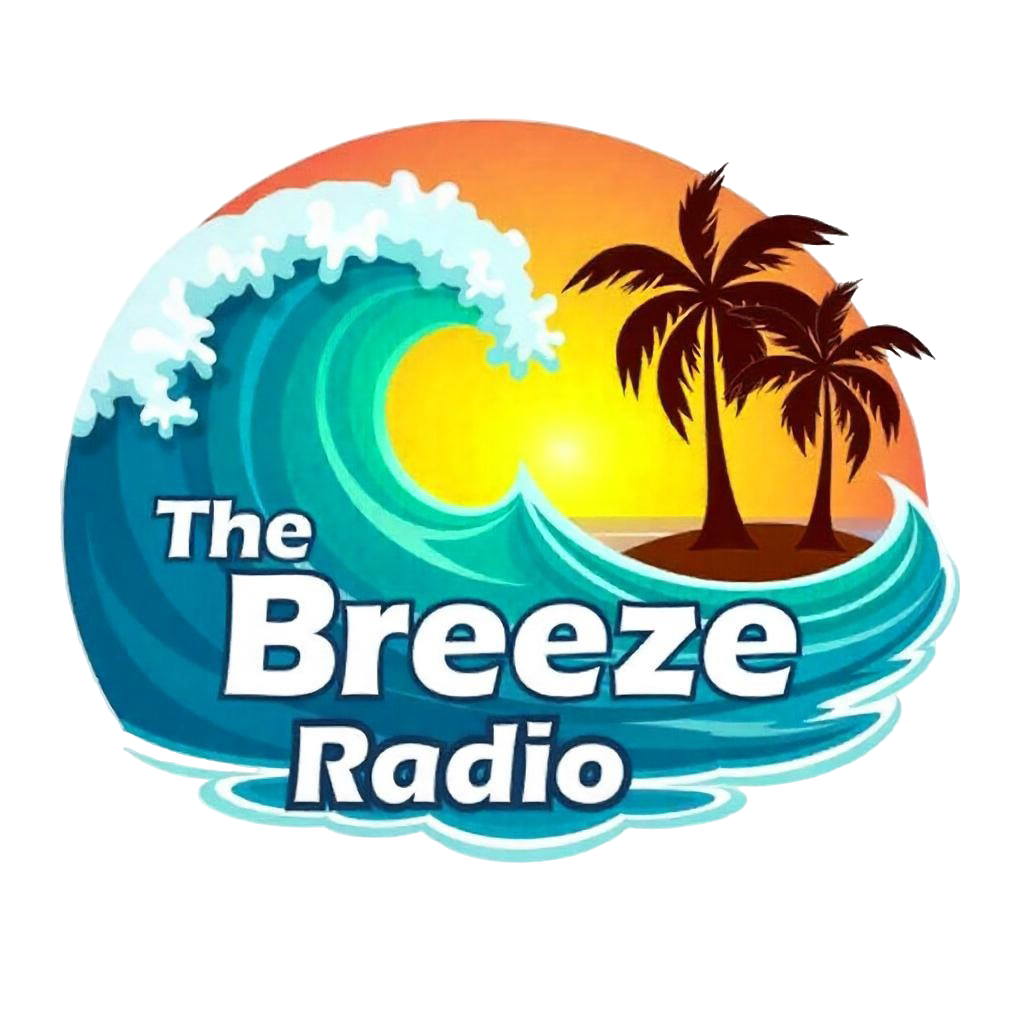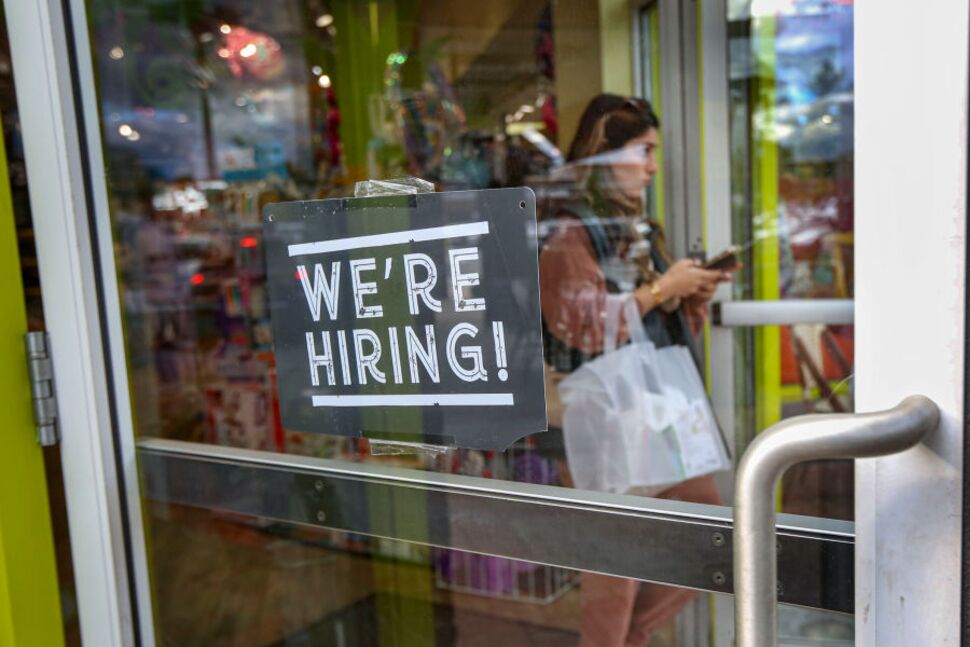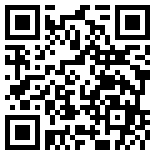Listeners:
Top listeners:
-
 play_arrow
play_arrow
The Breeze Radio The Breeze Radio
The labor market is slowing as President Donald Trump unleashes a slew of new tariffs.
The labor market weakened in July, with a report from the Labor Department on Friday showing employers adding 73,000 jobs – well below estimates.
Economists had forecast a range of 100,000 to 110,000 after June’s originally reported figure of 147,000 was revised down sharply to just 14,000. May’s revision brought the two-month adjustment to more than 250,000 fewer jobs than originally estimated. Revisions have been a significant factor each year since the COVID-19 pandemic struck in 2020.
The unemployment rate, meanwhile, ticked up to 4.2% from 4.1% in June.
Among sectors, health care added 55,000 jobs, while employment in the federal government continued to decline and is now down 84,000 since January. Most other industries showed little change.
“Net, net, whether the import tariff roll-out creates uncertainty or whether the uncertainty has diminished, businesses are not waiting as they are cutting back on the numbers of new workers they bring on board which means we can no longer count on the employment markets to be a positive factor supporting economic growth in the weeks and months ahead,” Chris Rupkey, chief economist at fwdbonds, wrote in an email. “The President’s unorthodox economic agenda and policies may be starting to make a dent in the labor market, and especially troubling was the massive downward revisions of over a quarter million jobs in May and June.”
The jobs report was eagerly awaited for what it would show about the effects of President Donald Trump’s import tariffs, first announced in April but subsequently delayed until today.
Although various surveys of the labor market have shown steady gains, some other data indicates a more pronounced slowdown. Homebase, an employee scheduling software firm, says it saw a notable cooling in hiring and overall business activity in July among its customer base of small businesses.
Trump preempted his Aug. 1 trade deadline with a late Thursday announcement, slapping tariffs on dozens of countries ranging from 10% to 41%. Canada will face a 35% levy, Trump said.
Find Your Financial Advisor
1. Finding a financial advisor who understands your unique situation doesn’t have to be difficult. Unbiased lets you quickly browse, research, and connect with financial advisors.
2. Once you find a few financial advisors to choose from, you can learn more about their backgrounds and focus areas by visiting their Unbiased profile pages. Begin your search today!
Overall, economists say the effective tariff rate on goods imported to the U.S. will now be around 18%, a massive hike from the 2.4% level of 2024.
“Not only was this a much weaker than forecast payrolls number, the monster downward revisions to the past two months inflicts a major blow to the picture of labor market robustness,” Seema Shah, chief global strategist at Principal Asset Management, wrote Friday. “What’s more concerning is that with the negative impact of tariffs only just starting to be felt, the coming months are likely to see even clearer evidence of a labor market slowdown.”
The stock market is primed for a sharp sell-off with Dow Jones Industrial futures down more than 450 points before recovering somewhat in trading ahead of the market open.
So far, much of the tariffs have had limited effect since their imposition was delayed and Trump made deals with some nations and the European Union, now facing a baseline 15% duty. But some large U.S. companies and global juggernauts such as General Motors, Puma and Volkswagen have trimmed earnings forecasts or otherwise said the fees are costing them hundreds of millions of dollars.
“Not only was this a much weaker than forecast payrolls number, the monster downward revisions to the past two months inflicts a major blow to the picture of labor market robustness,” Seema Shah, chief global strategist at Principal Asset Management, wrote Friday. “What’s more concerning is that with the negative impact of tariffs only just starting to be felt, the coming months are likely to see even clearer evidence of a labor market slowdown.”
The stock market is primed for a sharp sell-off with Dow Jones Industrial futures down more than 450 points before recovering somewhat in trading ahead of the market open.
So far, much of the tariffs have had limited effect since their imposition was delayed and Trump made deals with some nations and the European Union, now facing a baseline 15% duty. But some large U.S. companies and global juggernauts such as General Motors, Puma and Volkswagen have trimmed earnings forecasts or otherwise said the fees are costing them hundreds of millions of dollars.
“Stronger price pressure in goods and weakening pricing pressures in the service side of consumption are clear indications that firms are having trouble passing higher prices to consumers with services prices weakening considerably compared to the recent past,” Raymond James Chief Economist Eugenio Aleman wrote on Thursday.
The Federal Reserve held interest rates steady this week at its July meeting, and officials have previously cited uncertainty over tariffs as a reason for not lowering them. That means continued high borrowing costs for American consumers, who are already facing inflationary pressures on necessities such as food, health care and housing.
Trump has lambasted Powell over interest rates, saying for weeks that the central bank chief should bring rates way down. He did so again Friday morning.
“THE BOARD SHOULD ASSUME CONTROL, AND DO WHAT EVERYONE KNOWS HAS TO BE DONE!” Trump said. Also Friday, two Fed governors who dissented from the statement on rates Wednesday said they did so because they think current monetary policy is a threat to the economy.
Although the economy expanded at a 3% annual pace in the second quarter, economists are still warning of a slowdown as the tariffs and continued inflation force consumers to retrench.
“Policymakers are expected to maintain a cautious, data-dependent approach as they assess the evolving effects of recent policy decisions and higher tariffs,” EY-Parthenon Chief Economist Gregory Daco wrote ahead of the jobs report. “We continue to anticipate the Fed will ease monetary policy later this year, likely implementing two rate cuts – one in September and another in December – as economic and labor market indicators soften further.”
Source: https://money.usnews.com/money/personal-finance/articles/73k-jobs-added-in-july-as-hiring-slows
Written by: Joshua Stuart
Similar posts
Recent Comments
No comments to show.-

Regular Programing
Playing those non-stop feel good tunes from the 60s to the 90s.
close Chart
-
-
 play_arrow
play_arrow
You Are (Single Edit) Lionel Richie
-
-
-
 play_arrow
play_arrow
Da Ya Think I'm Sexy? (2008 Remaster) Rod Stewart
-
-
-
 play_arrow
play_arrow
I Just Called to Say I Love You (Single Version) Stevie Wonder
-
-
Top popular

2 Charged In Connection With Unlicensed Cannabis Sales At Smoke Shops In Brookhaven Town: Cops

How the Passage of the ‘Big, Beautiful Bill’ Could Impact Med Students and Hospitals

Brood Of 7 Ducklings Saved From Storm Drain On Long Island Expressway

New ALDI Discount Grocery Store Coming To Long Island

Man Dies After Being Pulled Unresponsive From LI Pool: Police
Get in Tune with Us!
Reach out to us for inquiries, requests, or collaborations, and let’s keep the music alive.
© 2025 Stuart Broadcasting Studios. All Rights Reserved.













Post comments (0)